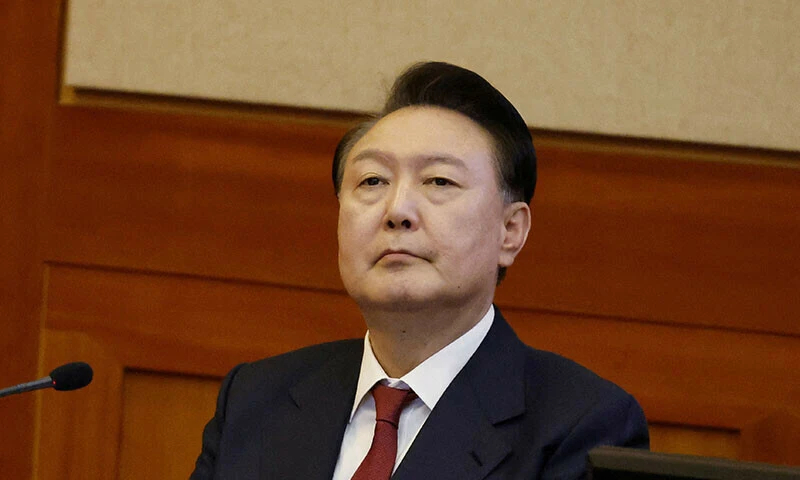Unprecedented Legal Action in South Korea’s Martial Law Crisis
A landmark development in South Korean politics has occurred with the indictment of impeached President Yoon Suk Yeol by prosecutors on allegations of insurrectionary leadership. The charge is a result of Yoon’s contentious martial law order dated December 3, which aimed to regulate the media and outlaw political and legislative activity.
The judicial lawsuit, which represents a first in south Korean democratic history, highlights the potential consequences of executive excess and the robust institutional safeguards against presidential power.
Key Details of South Korea’s Martial Law Indictment
The charges against Yoon are unprecedented for a South Korean president and carry severe potential consequences:
- Possible imprisonment for years
- Charges of rebellion, which can be penalized by life imprisonment or death
- Legal action against a sitting president that has never been done before
Political Upheaval and Martial Law Implications in South Korea
Yoon’s actions triggered significant political turmoil in South Korea, a key US ally and Asia’s fourth-largest economy. The fallout includes:
- Prime Minister’s impeachment
- suspension of the president’s authority
- Top military officials being indicted
The incident has raised serious questions about the balance of power and democratic norms in South Korea’s political system.
Yoon’s Defense and Legal Standing in Martial Law Controversy
Yoon and his lawyers have argued that the martial law declaration was merely a warning to break a political deadlock, not a full implementation. He is currently in solitary confinement after becoming the first sitting president to be arrested on January 15.
Constitutional Court and Potential Outcomes of South Korea’s Martial Law Crisis
The Constitutional Court now faces a critical decision:
- Determine whether to remove Yoon from office
- Potentially reinstall presidential powers
- Must make a decision within 180 days
Dramatic Parliamentary Confrontation Under Martial Law
A dramatic image including soldiers armed with guns, body armor and night-vision gear entering the parliament building through broken windows commemorated the occasion. After facing the troops, lawmakers voted against the martial law proclamation.
Potential Political Consequences of South Korea’s Martial Law Incident
Within 60 days, a presidential election will take place if Yoon is ousted. According to Democratic Party spokeswoman Han Min-soo,
“the punishment of the ringleader of insurrection now begins.”
The party has praised the prosecution’s decision.
Public and Political Reaction to South Korea’s Martial Law Crisis
The indictment was deemed the “worst choice” by the prosecution by Yoon’s attorneys, but the opposition party sees it as a vital step in addressing suspected misuse of power.
The case, which tests the limits of presidential power and the legal safeguards against possible authoritarian excess, marks a turning point in South Korean democracy. It emphasizes how crucial institutional checks and balances are to preserving the integrity of democracy.

